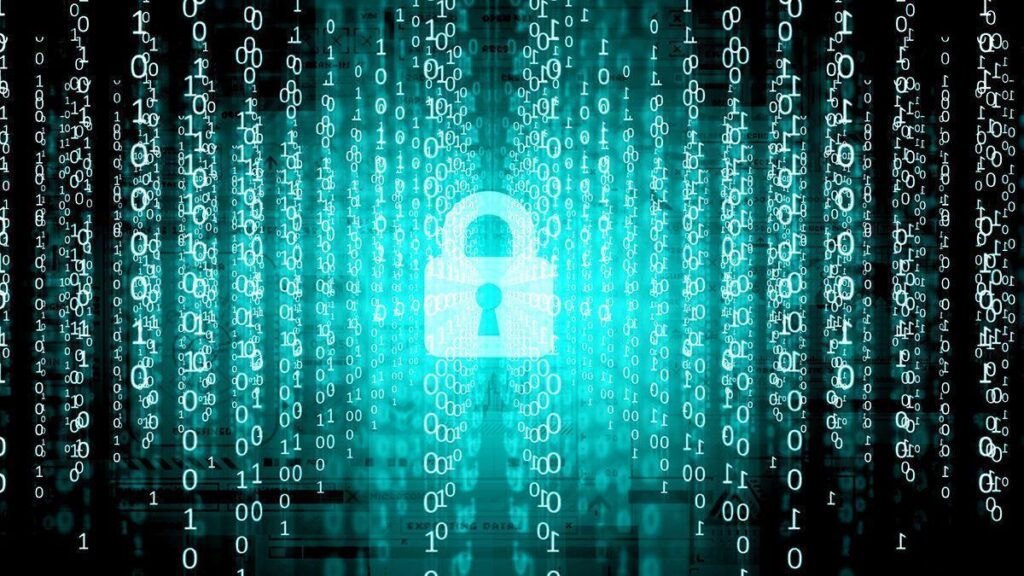
Ensuring Your Online Safety: A Guide to Cybersecurity for High School Students
Ensuring your Online Safety: A Guide to Cybersecurity for High School Students
Hey there, 11th graders! As you navigate the digital world, it’s essential to prioritize your online safety and protect your personal information from potential threats. In this comprehensive guide, we’ll delve into the exciting realm of cybersecurity, providing you with valuable tips and insights to stay safe and secure while exploring the vast virtual landscape. So, grab your laptops, and let’s embark on this empowering journey of digital self-defense!
Understanding Cybersecurity:
Cybersecurity is all about safeguarding your digital presence from authorized access, data breaches, and online threats. It encompasses a range of practices, technologies, and strategies aimed at protecting computers, networks, and information systems from cyberattacks. In simpler terms, it’s like building a digital fortress around your online activities to ensure your privacy and security.
Tips for Staying Safe Online
Strong and Unique Passwords:
Creating strong and unique passwords is your first line of defense against cyber threats. Opt for complex passwords that include a combination of upper and lowercase letters, numbers, and special characters. Avoid using easily guessable information like your name or birthdate. Additionally, ensure that you use different passwords for each online account to minimize the risk of multiple accounts being compromised if just one password is exposed.
Be Wary of Phishing Attempts:
Phishing is a common cyber attack where malicious individuals try to trick you into revealing sensitive information, such as passwords or even credit card details, all through deceptive emails, messages, or websites. Be vigilant and avoid clicking on suspicious links or sharing personal information unless you are certain of the source’s legitimacy. When in doubt, reach out to the official organization through a trusted channel to verify the authenticity of any requests.
Keep Your Software Updated:
Regularly updating your operating system, web browsers, and applications is crucial for maintaining a secure digital environment. Software updates often include security patches that address vulnerabilities and protect you from known exploits. Enable automatic updates whenever possible to best ensure that you have the latest protections against emerging threats.
Practice Safe Social Media Usage:
Social media platforms are a significant part of many high schooler’s lives, but it is crucial to use them responsibly. Be mindful of the information that you share publicly, as it can be accessed by potential cybercriminals. Review your privacy settings and limit who can view your posts and personal details. Additionally, be cautious of accepting friend requests or engaging with unknown individuals online.
Avoid Suspicious Downloads or Websites:
Be cautious when downloading files or visiting websites, especially those from unknown sources. Malicious software, or malware, can be hidden in seemingly harmless downloads or compromised websites. Try to stick to reputable websites for software downloads and be cautious of clicking on ads or visiting unfamiliar websites that may pose a risk to your digital security.
Secure Your Wi-Fi Network:
If you have access to a home Wi-Fi network, make sure it is password-protected and uses encryption protocols like WPA2. This prevents unauthorized individuals from accessing your network and potentially compromising your devices. Avoid using public Wi-Fi networks for sensitive activities, such as online banking or shopping, as they may lack proper security measures.
Be Mindful of Online Behavior:
Remember your digital footprint can have long-lasting consequences. Think before you post, comment, like, or share anything online. Practice responsible digital citizenship by treating others with respect and refraining from engaging in cyberbullying or harassment. Be aware of the potential impact your online actions can have on your reputation, both now and in the future.
To conclude, as you explore the vast online world it’s crucial to equip yourself with the knowledge and tools necessary to protect your digital well-being. By following these tips and adopting a proactive approach to cybersecurity, you can navigate the digital landscape with confidence and stay safe online. Remember, your online safety is in no one else’s hands, only yours. Keeping that in mind, embrace the power of knowledge and make cybersecurity an essential part of your digital journey. Stay safe, stay informed, and enjoy all the amazing opportunities the internet has to offer!

Damn i reuse the same passwords on everything😭